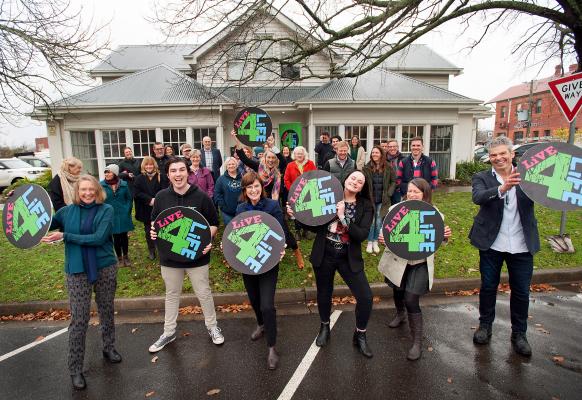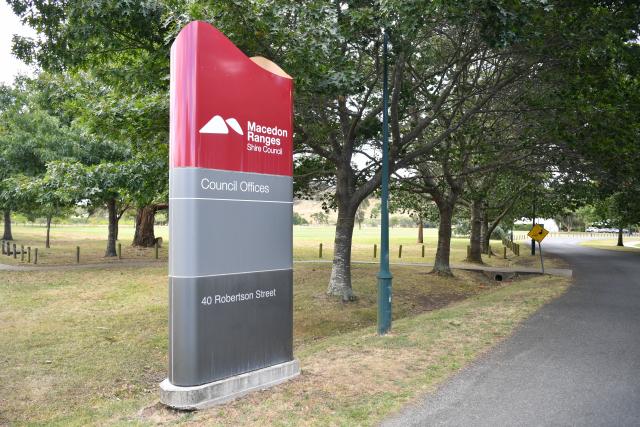A youth mental health organisation developed in the Macedon Ranges has been selected in a first-of-its-kind state government initiative to roll-out its program to schools across Victoria.
Originally established in 2016 by Macedon Ranges council, Youth Live4Life works to improve standards of mental health and reduce rates of youth suicide in regional and rural communities.
The Live4Life model is focused on forming community development support, with guidance, resources and leadership opportunities where young people can participate directly in the system of care.
Following a five-year programmatic evaluation, the organisation has spread from the shire to five other non-metropolitan locations, with three more in the pipeline and up to 20 on a waiting list.
Last week the state government listed Live4Life on its newly founded School Mental Health Fund, where schools across the state can access a menu of mental health programs to introduce greater support for their students.
The menu will be made available for all schools to access and government schools will have the option of accessing $25,000 annually over three years.
Prior to being selected for the fund, Live4Life was ranked at the second highest level of assessment in a review conducted by the University of Melbourne’s Centre for Program Evaluation.
Youth Live4Life chief executive Bernard Galbally said the recognition felt like validation for a lot of hard work.
“We’ve spent a lot of time getting the model right and we’ve had so many rural communities knocking on the door,” Mr Galbally said.
“[It] was always our vision was to scale and to be able to empower rural communities to improve mental health and reduce suicide in their community.”
Mental health remains an area of major concern in the Macedon Ranges.
The shire is one of the only municipalities in the country with a suicide rate significantly higher than the state and national average, according to Northern Western Melbourne Primary Health Network data from 2018.
Mr Galbally said one of the most crucial aspects of of improving mental health in non-metropolitan areas is ensuring a “whole of community” approach is applied.
“Teachers, parents, carers, sporting coaches, school bus drivers… It’s really important that everyone has a common sense understanding of the issue of mental health and how to support young people,” he said.
Mr Galbally said Live4Life would be briefed on the specifics of the fund next week.







